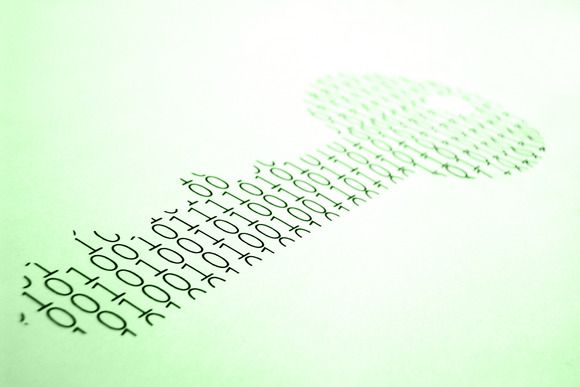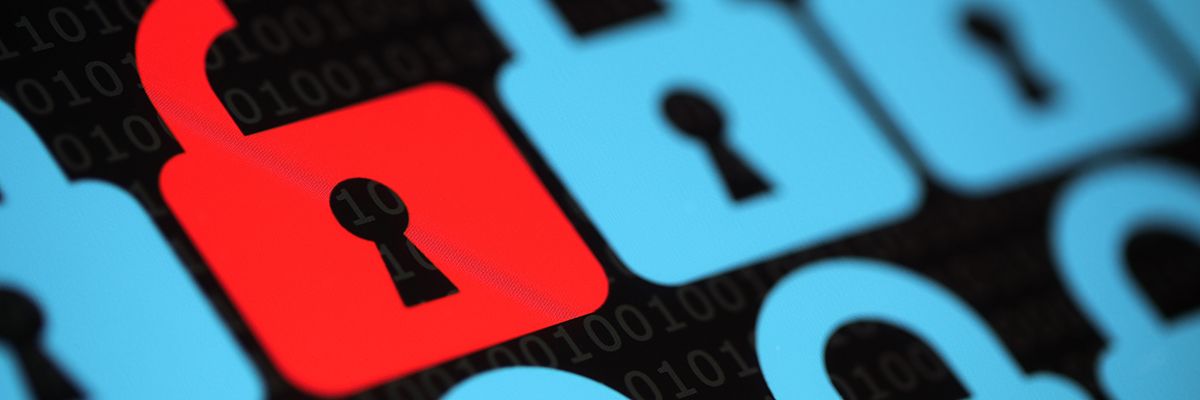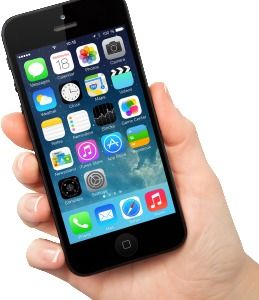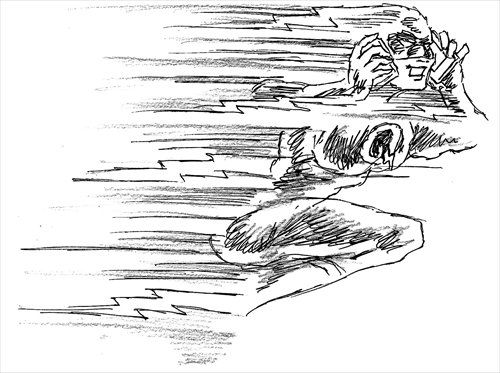Nice fundamental article describing Quantum Cryptography.
And can it make codes truly unbreakable?



“For the third time in less than a year, security researchers have found a method to attack encrypted Web communications, a direct result of weaknesses that were mandated two decades ago by the U.S. government”
This could have more than just security gap ripple effects; it could actually be a loophole for any claims/ lawsuits that consumers and others have with various organizations.
For the third time in under a year, security researchers have found a method to attack encrypted Web communications, a direct result of weaknesses that were mandated two decades ago by the U.S. government.



Microsoft founder Bill Gates has broken with other Silicon Valley giants by backing the FBI in its battle with Apple over hacking into a locked iPhone as part of the investigation into last December’s San Bernardino terror attack.
In an interview with the Financial Times published Tuesday, Gates said a court order requiring Apple to help the FBI access a work phone belonging to gunman Syed Farook was” a specific case where the government is asking for access to information. They are not asking for some general thing, they are asking for a particular case.”
Gates went on to compare the FBI’s request to accessing bank and telephone records. However, he added that the government must be subject to rules about when it can access such information.

Here is a question that keeps me up at night…
Is the San Bernardino iPhone just locked or is it properly encrypted?
Isn’t full encryption beyond the reach of forensic investigators? So we come to the real question: If critical data on the San Bernardino iPhone is properly encrypted, and if the Islamic terrorist who shot innocent Americans used a good password, then what is it that the FBI thinks that Apple can do to help crack this phone? Doesn’t good encryption thwart forensic analysis, even by the FBI and the maker of the phone?
In the case of Syed Rizwan Farook’s iPhone, the FBI doesn’t know if the shooter used a long and sufficiently unobvious password. They plan to try a rapid-fire dictionary attack and other predictive algorithms to deduce the password. But the content of the iPhone is protected by a closely coupled hardware feature that will disable the phone and even erase memory, if it detects multiple attempts with the wrong password. The FBI wants Apple to help them defeat this hardware sentry, so that they can launch a brute force hack—trying thousands of passwords each second. Without Apple’s help, the crack detection hardware could automatically erase incriminating evidence, leaving investigators in the dark.
Mitch Vogel is an Apple expert. As both a former police officer and one who has worked with Apple he succinctly explains the current standoff between FBI investigators and Apple.
The iPhone that the FBI has is locked with a passcode and encrypted. It can only be decrypted with the unique code. Not even Apple has that code or can decrypt it. Unlike what you see in the movies, it’s not possible for a really skilled hacker to say “It’s impossible“” and then break through it with enough motivation. Encryption really is that secure and it’s really impossible to break without the passcode.
What the FBI wants to do is brute force the passcode by trying every possible combination until they guess the right one. However, to prevent malicious people from using this exact technique, there is a security feature that erases the iPhone after 10 attempts or locks it for incrementally increasing time periods with each attempt. There is no way for the FBI (or Apple) to know if the feature that erases the iPhone after 10 tries is enabled or not, so they don’t even want to try and risk it.
 So the FBI wants Apple to remove that restriction. That is reasonable. They should, if it is possible to do so without undue burden. The FBI should hand over the iPhone to Apple and Apple should help them to crack it.
So the FBI wants Apple to remove that restriction. That is reasonable. They should, if it is possible to do so without undue burden. The FBI should hand over the iPhone to Apple and Apple should help them to crack it.
However, this isn’t what the court order is asking Apple to do. The FBI wants Apple to create software that disables this security feature on any iPhone and give it to them. Even if it’s possible for this software to exist, it’s not right for the FBI to have it in their possession. They should have to file a court order every single time they use it. The FBI is definitely using this situation as an opportunity to create a precedent and give it carte blanche to get into any iPhone without due process.
So the answer to your question is that yes it is that secure and yes, it’s a ploy by the FBI. Whether it’s actually possible for Apple to help or not is one question and whether they should is another. Either way, the FBI should not have that software.

Very concerning news for the US security; we’ll see how the US responds. Remember, our largest hackers in the US is China; so we’ll need to determine what this means as well as how vulnerable we are.
http://www.globaltimes.cn/content/969692.shtml
China’s stock markets have been stabilizing in recent days after the rollercoaster ride at the start of the year. And one bright point has been stocks related to quantum communications, showing renewed investor interest in the new technology, which will play an important role in creating a safety net for the increasingly information technology-savvy economy.
The fact that China has taken an early lead in developing the technology and translating it into real-world quantum communications projects should give added fuel to the market hype about the apparently unfathomable yet promising investment theme.
Thus far, the practical application of the technology has mostly featured quantum key distribution, which uses tricks of quantum mechanics to enable encryption codes or keys shared between two parties that are written upon single photons of light. If an eavesdropper tries to hack the codes, they will immediately be detected because of having caused disturbance to the encoding of the photon.

FBI not able to hack a phone is really starting to make them look really bad. Granted Apple has created a more advance encryption format on their phones; however, FBI is supposed to be a lot more advance than this.
Why would you want your smart phone encrypted? To protect the information on it should it get lost or stolen, and to ensure no one has tampered with your data.

I have mentioned in my previous posts about the Quantum Internet work that Los Alamos has been leading; today Los Alamos has been awarded a patent on their Quantum Communication (QC) Optical Fiber.
Whitewood received a Notice of Allowance for a patent application that addresses issues that arise when employing quantum communications techniques to share cryptographic material over fiber networks.
ArcPoint Strategic Communications.